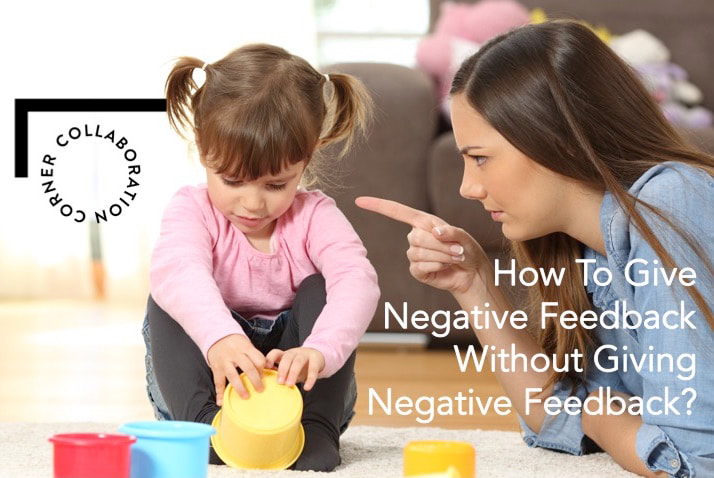|
There are costs to giving a child negative feedback. There are costs to self-esteem. Worse, there are costs to self-concept. Self-concept is what the child believes himself/herself to be.
In parent coaching, I often see parents who love their children so much that they fear the worst for them. They fear that these children will become their worst fears... - lazy - selfish - unkind - stupid - dishonest As a result, these parents are hypervigilant to manifestations of these traits in their toddlers and primary school children. It is at these 2 stages (toddlerhood and primary school) that the child's self-concept forms. A child's self-concept is important to form correctly. Enough research shows quite robustly that human beings behave in ways consistent with what they believe themselves to be. If you think you are impatient, then you will be impatient. If your child thinks he is lazy, then he will be lazy. The issue raises its ugly head whenever a loving and hypervigilant parent seeks to stamp out every indication of his/her worst fears by scolding the child: - Why are you so lazy? - Don't be selfish! - You were so unkind. - How stupid of you! - You lie! These negative accusations craft the child's self-concept in the same way a jadeite craftsman sculpts a piece of jadeite stone. As a parent, do you not want to sculpt your child into a being of great beauty? Surely, you do not want to sculpt your child into the shape of your worst fears. So what do you do when you want to teach your child that certain behaviours are not desirable? I used 2 steps to do this with The Son. Step 1: Accuse Another Child I point to the misbehaviour in another child and grumble about that child instead. This can be any child in the street, or in a movie. I said, "Ohhhh... look at SoAndSo, he spends so much time watching TV. He is such an indisciplined boy. No wonder his Mama is always angry with him, and his grades are so poor. I am glad you are not like him." Of course, one should not say such a thing in front of SoAndSo. There is no sense hurting a stranger child's feelings. Step 2: Point Out The Behaviour Without Accusing The Child I said, "You spent 1 hr watching Youtube? That is not like you at all! You are not such an indisciplined child. What happened?" Done this way, the child understands his behaviour is not desirable but he also understands that the lapse in his behaviour does not define him as "indisciplined."
0 Comments
Your comment will be posted after it is approved.
Leave a Reply. |
Author
Petunia Lee, Ph.D Archives
January 2022
Categories
Find out more about our classes!
|



